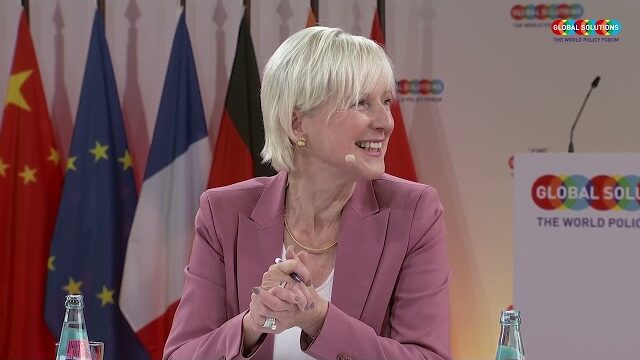Topics:
Summit 2023
Summit 2023
Achieving net-zero emissions is essential to limit the rapid increase in global temperature. With its latest synthesis report, the Intergovernmental Panel on Climate Change (IPCC) issued its final warning: Without additional abatement, projected CO2 emissions will exceed the remaining carbon budget to stay within the limit of a 1.5-degree Celsius temperature rise. We can already see the increasingly devastating impact of climate change today. There is no other option than investing in an ambitious net-zero pathway now – otherwise, climate-change induced costs will rise uncontrollably. International cooperation plays a critical role in accelerating climate action. The Paris Agreement, signed in 2015, was a breakthrough in global efforts to address climate change which set up the foundation for continued progress in reducing greenhouse gas emissions worldwide. Nevertheless, it lacks incentives and enforcement mechanisms to achieve its desired targets. Past efforts have fallen short primarily because they were socially unacceptable, politically unenforceable, and vulnerable to subversion by lobbyists. The international community has been working on more far-reaching initiatives to tackle the climate crisis, such as the Climate Club established during Germany’s G7 presidency in 2022 or the Global Climate Alliance for Accelerated Climate Action launched at the T20 Inception Conference in New Delhi. These proposals have the potential to provide much-needed additional impetus for decisive action on a global level and to speed up the transition towards net-zero emissions by 2050. In this session, stakeholders from research, policy, and business will explore new avenues toward success, focusing on stimulating collective action through plurilateral agreements, new funding mechanisms tied to climate performance, encouraging social policies to support climate action, and creating new rules to enable businesses to simultaneously achieve economic and climate goals. The session will explore what the design of an ambitious climate alliance would need to look like to make sure that ambitious climate policy is implemented on all levels. What kind of regulation is needed for global players to sign on for a net-zero path? How can emission inequality be adequately considered in the design? Why do we need an additional alliance, and how big would it need to be to succeed?

